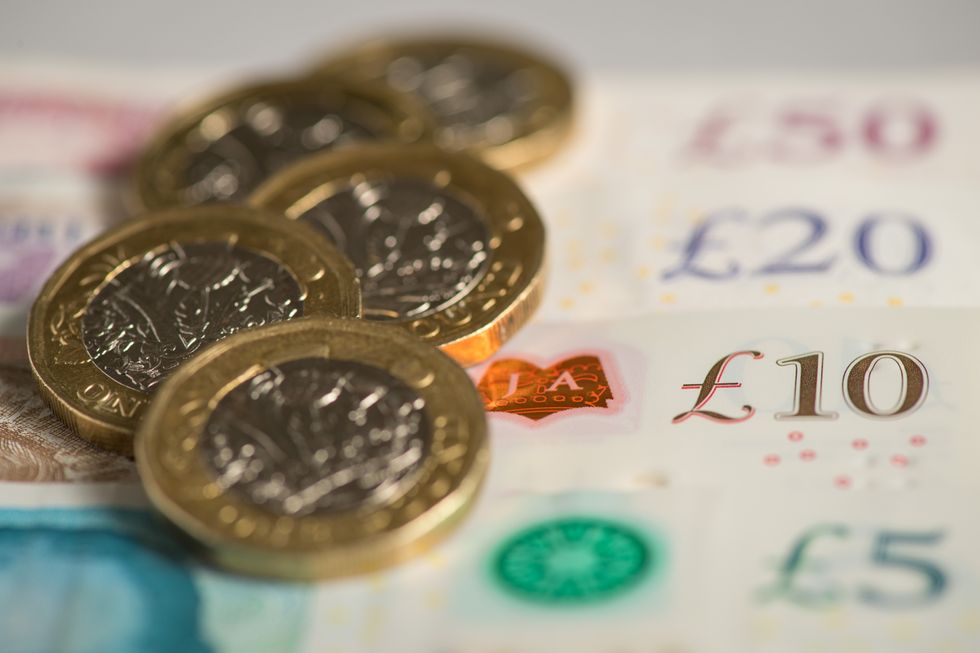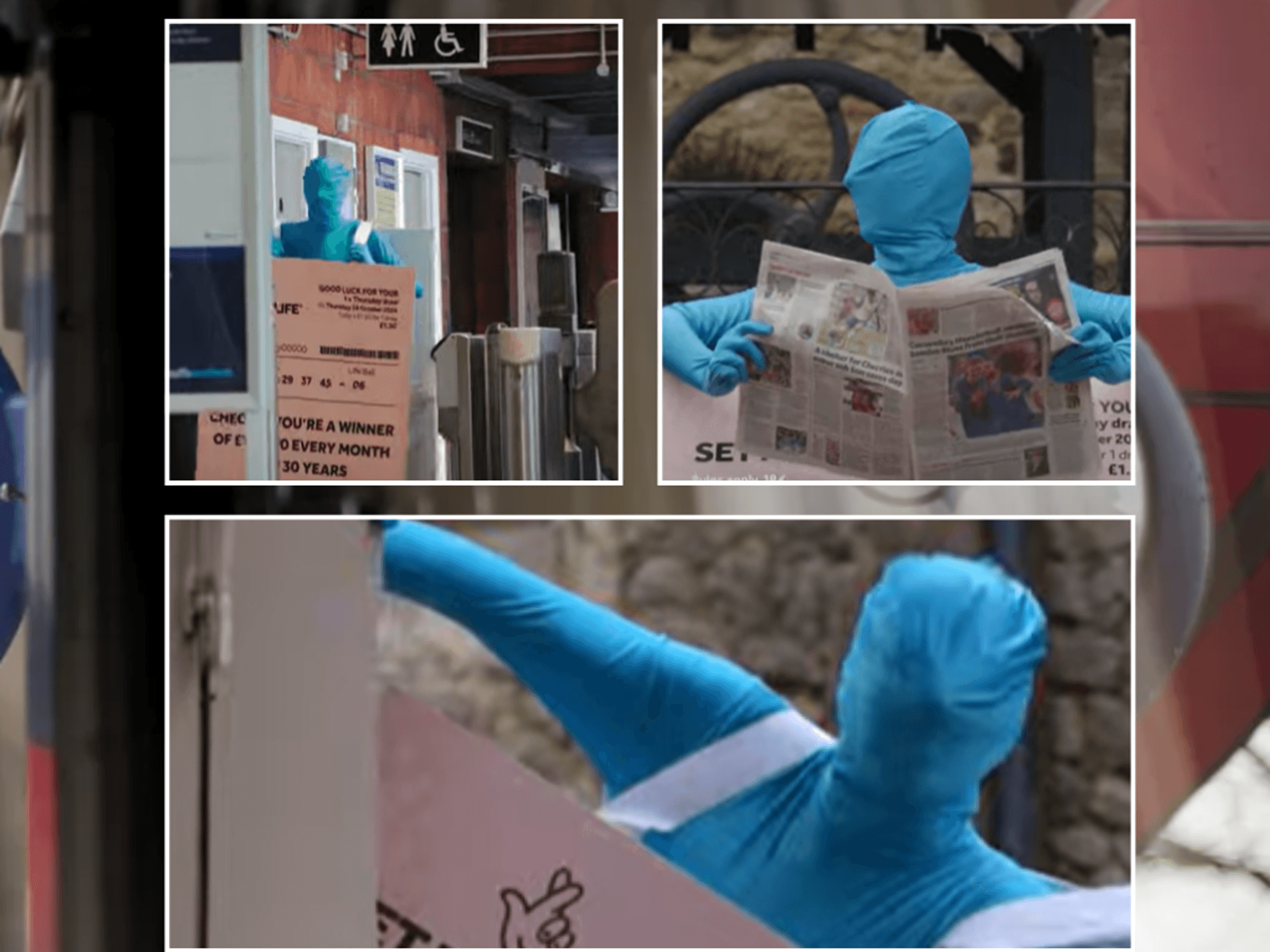
Savers may have to complete a Self-Assessment Tax Return depending on the amount of interest earned
PA
Taxpayers who need to complete a Self Assessment tax return but haven’t sent one before must tell HMRC by the deadline next month, or they could be fined
Don't Miss
Most Read
Trending on GB News
Savers who have benefitted from higher interest rates in 2022/23 could have to complete a Self Assessment Tax Return and the deadline for registering is looming.
The number of UK savers who are paying tax on interest earned from banks and building societies skyrocketed last year by 82 per cent, with nearly 1.8 million people facing the tax on savings income in the last financial year.
A freedom of information request to HMRC by AJ Bell showed the total tax due was £3.4billion, up from the £1.2billion payable by 972,000 taxpayers the year before.
The firm warned more savers are likely to be affected, as interest rates have been rising but the personal savings allowance threshold has not changed.

Savers with as little as £10,000 to £20,000 in savings could breach the personal savings allowance after interest rate rises
PA
The personal savings allowance means basic rate taxpayers can earn up to £1,000 of interest on their savings, although higher interest rates mean savers with as little as £10,000 to £20,000 in savings could be impacted.
Laura Suter, head of personal finance at AJ Bell, said: “Rising rates and a frozen personal savings allowance means some individuals are being taxed despite having relatively modest pots of cash set aside for a rainy day.
“With cash interest rates now above five per cent in some cases individuals with between £10,000 and £20,000 in cash can expect to pay tax on their savings interest.”
Taxpayers are being urged to check if they need to complete their first ever Self Assessment tax return for the 2022 to 2023, as those affected could be fined if they don’t register by October 5.
The government states taxpayers may need to complete a tax return if they get interest of more than £10,000 from banks and building societies.
Myrtle Lloyd, HMRC’s Director General for Customer Services, said: “It is important that taxpayers check if they need to complete a Self Assessment tax return so they can pay the right amount of tax owed and avoid penalties for not filing a return.
“It is quick and easy to check by using the interactive tool on GOV.UK - there is no need to ring us.”
Liz Hunter, director at Money Expert, told GB News: “Individuals can earn some interest from their savings without paying any tax if it's under their own annual personal savings allowance.
“Your allowances for earning interest before you have to pay tax on savings includes your Personal Allowance, your starting rate for savings and your Personal Savings Allowance.
LATEST DEVELOPMENTS:

Taxpayers who need to complete a Self Assessment tax return but haven’t sent one before must tell HMRC by the deadline next month, or they could be fined
PA
“You get these allowances each tax year (between April 6 and April 5), and how much you’re entitled to earn before you become liable for tax depends on your other income.”
Ms Hunter pointed out there are some exceptions, such as savings and interest earned in tax-free accounts such as an ISA.
Income from some NS&I accounts also won’t count towards the allowance.
The money expert added: “If you go over your allowance then you’ll pay tax on any interest over your allowance at your usual rate of income tax.
“You will need to register for Self Assessment if your income from savings and investments is anything over £10,000.
“Although, you can always check online if you’re not sure. “








